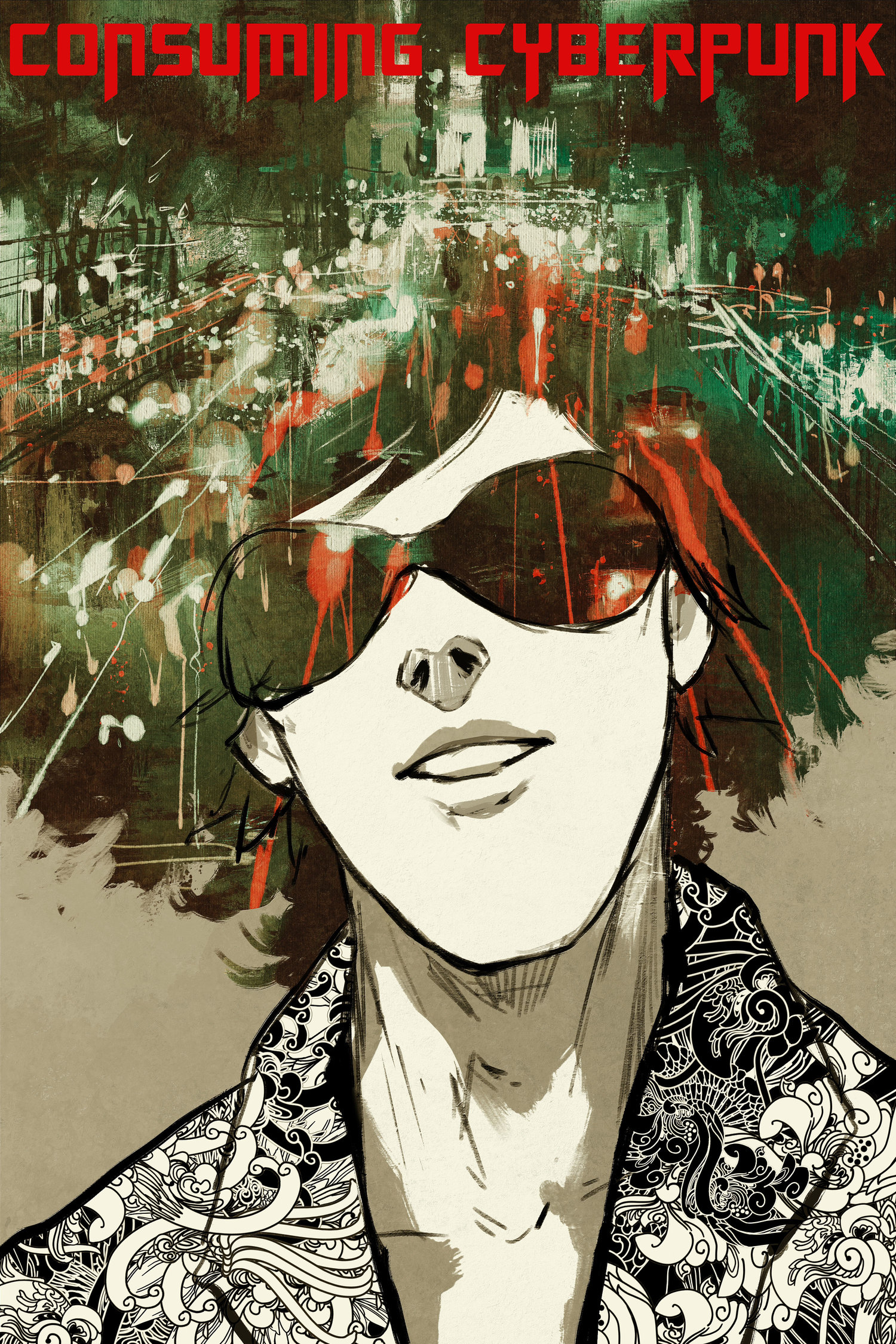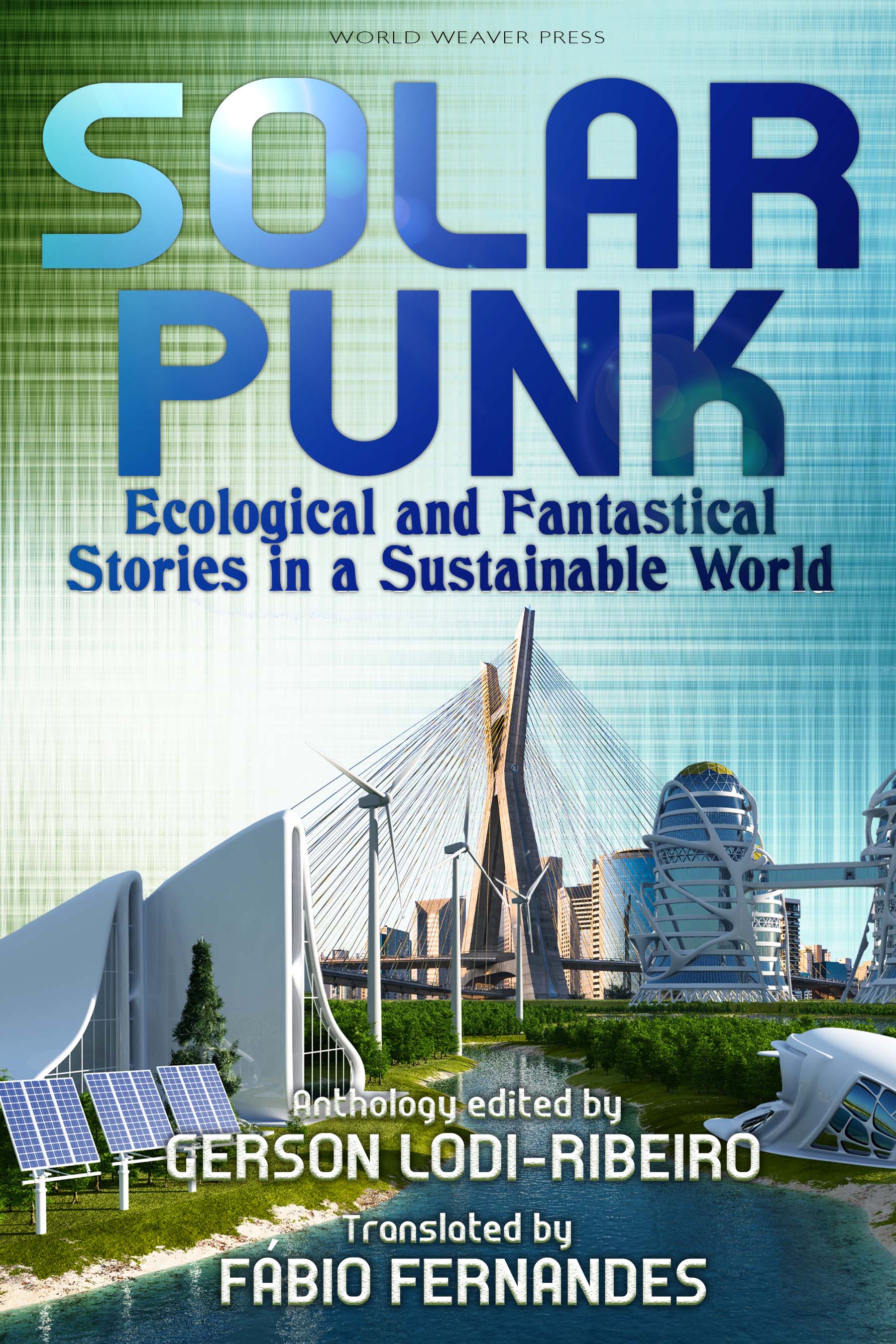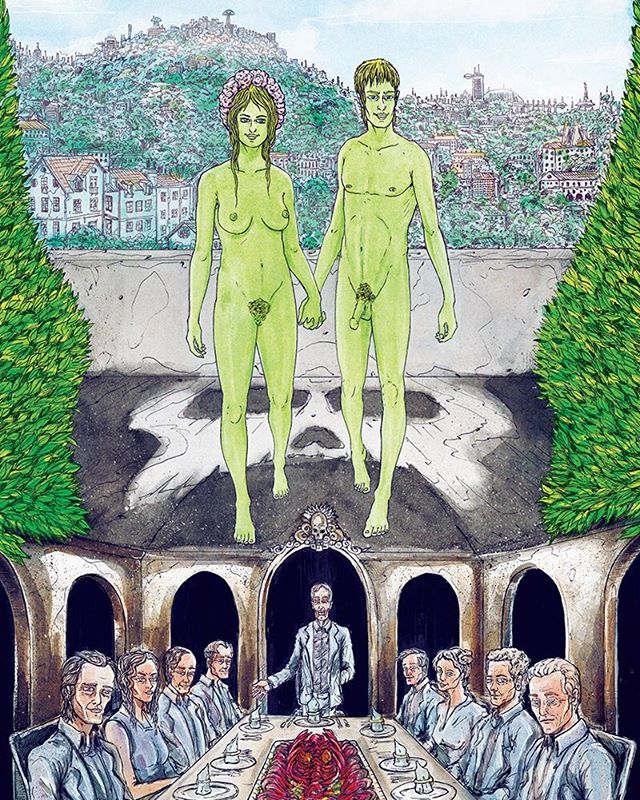Translating A Movement In Solarpunk: Ecological and Fantastical Stories In A Sustainable World
"Imagine a sustainable world, run on clean and renewable energies that are less aggressive to the environment. Now imagine humanity under the impact of these changes."
I had the pleasure of backing a Kickstarter for a Brazilian anthology originally published in Portuguese six years ago in 2012. The solarpunk movement has been gaining a lot of momentum in English but is lacking a cohesive voice. Generally, people use varying precision when describing what it actually is. An anthology that assembles short fiction under a banner definition therefore, is quite welcome, as it seems to be synonymous with cli-fi, eco-fiction, and even ecopunk sometimes. The working definition taken from this Kickstarter is as follows: "The term "solarpunk" has been steadily gaining momentum in the English-speaking world to describe an aesthetic of hopeful, eco-friendly futures, stories that try to shift us away from the dystopian mindset that has been so prominent in recent science fiction."
"The literary roots of solarpunk stretch back decades (at least), influenced and inspired by thought experiments such as Ursula K. Le Guin’s The Dispossessed and Ernest Callenbach’s Ecotopia."
Sometimes when I read solarpunk, as with some newer stuff classified as cyberpunk, the 'punk' is missing. I categorize it pretty broadly. Some sort of resistance happening against societal structures; I'm pretty open. But often times it's just not there. I was a bit worried this would be the case with solarpunk because this occurs far more often in English literature that I've consumed. Turns out, though, I needn't have worried.
The anthology has 9 pieces of short fiction and is a good anthology. It has a wide degree of fiction within the category, from a noir-esk P.I story, to moral and ethics discussed regarding society relying completely on technology that allows them to live via implants that allow the human body to subsist via photosynthesis. There is a wide range and very imaginative arrangement of stories that were surprising in how they tackled specific far-flung issues. Despite a military fiction scenario which is just not my cup-of-tea (at all), and two slower than I'd like stories, I came away feeling overwhelmingly positive about it.
“People tend to think that we Puritans are a lot of human carcasses, living ruins, because we refuse to allow technology to interfere with the physical abode that God has thought fit to grant our spirits, but the truth is just the opposite. We take care of the temple. Food and exercise, an active life. If people really cared about the health God gave them, prostheses and genetic implants wouldn’t be necessary.”
In one story, "Xibalba Dreams of the West" (which surprised me in a fun way when It had wuxia elements) a teacher who believes in her just and good society, as one does, takes her son to a ritual where criminals are banished forever, seemingly to their death. Years ago her father committed a crime and shared in this fate and she still struggles with that in her personal life... but when a stranger tells her there is more to her father's story than she knows, her world is turned upside down as she begins to learn there is more to her government and the motives behind the exiles than she could have imagined.
"These were Sons of Palenque, as the descendants of the ancient Mayan Empire were called, who refused to accept the end of their people’s sovereignty over South Tenoque and chose a life at the margins of society."
This was a particularly great story. It goes from mundane to fantastical as the truth is unraveled by her, as though her possibilities were increasing exponentially as she learns more, which I enjoyed a lot. There are some cool fight scenes and Mayan colloquial terms that were fun to lookup. It was very clever and alone pretty much makes the price of the anthology, for me, a deal.
Another stand out one was "Gary Johnson". At the outset it appeared not to be solarpunk at all. It has a young man in present-day searching for his great grandfathers birth certificate to be given Italian status, but they need his missing birth certificate to prove his ancestry first. He ends up discovering a remarkable story in which his great-grandfather, a priest, becomes involved with the construction of a technology that can remove something's soul, I say something because it turns out everything has a soul! Inanimate objects, animals, and people all. As a priest, the moral dilemma and implications of his faith contextualize the story greatly as more of the technology and the events unfold. All told from letters of correspondence found in the future and translated.
"The scene changed once more. Now I saw the city of clouds, as God sees it, and I discovered the source of energy that moved the vehicles, lifts, the unspeakable objects that flew through the heavens and, above all, that tortuous city. As if watching a documentary, I was shown the inside of those machines that infested the streets and how the perianth fed them. That world was a nightmare. Humanity had been reduced to fuel that moved the metal organs of that city."
Very Cool. I loved that one. All of the stories have illustrations, which were great. All of them felt fresh and different than most English works and predates most of them. Possibly inspiring the English ones that are as close to tropes of solarpunk as we have at the moment.
“Better to live a day as a lion than a hundred years as a lamb!”
At only $4.99 USD or $14.99 USD for the paperback, it's a steal. A goal of the publisher is to pay more authors to contribute to more of these anthologies if they sell well.



